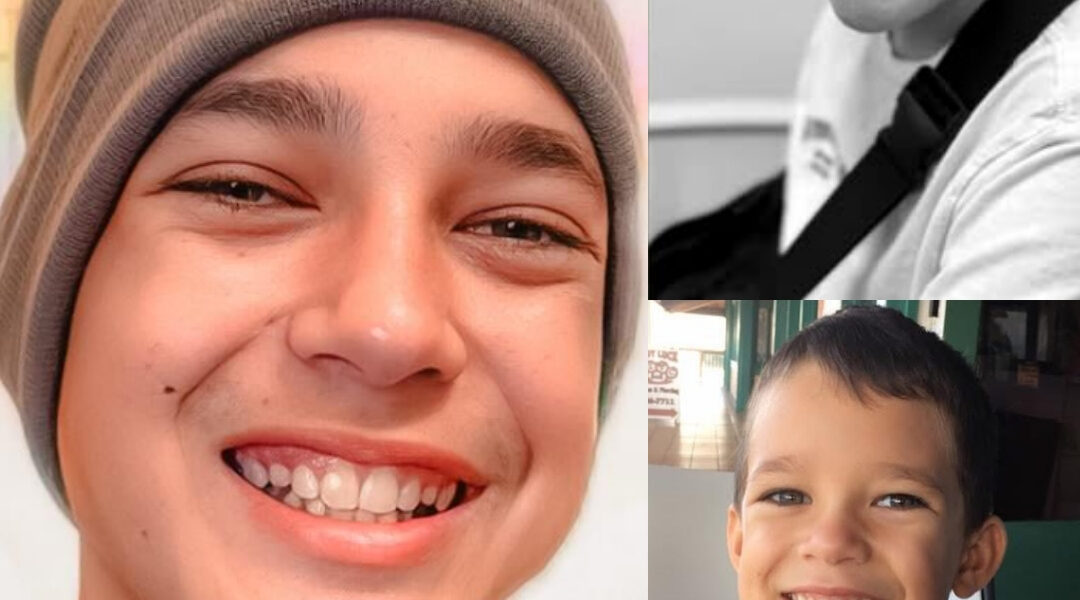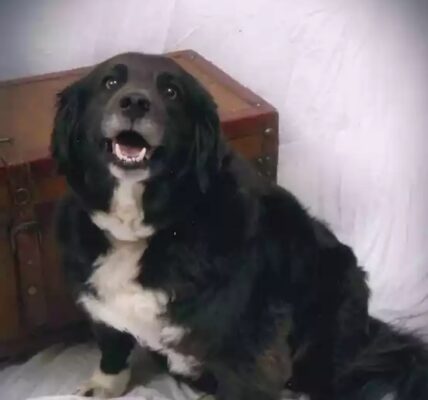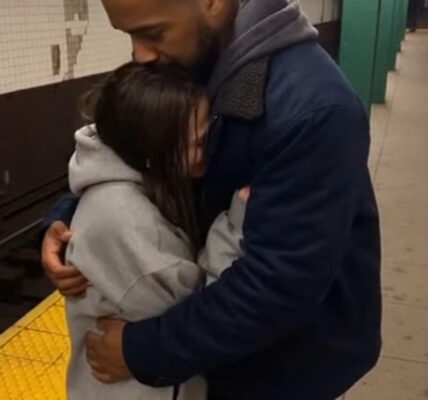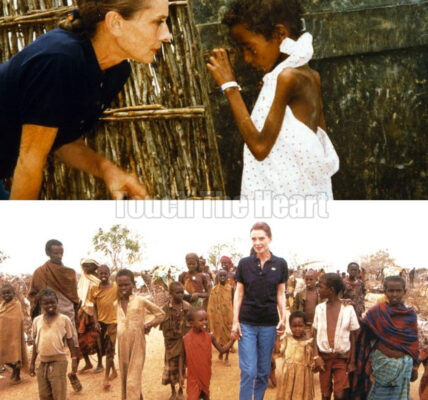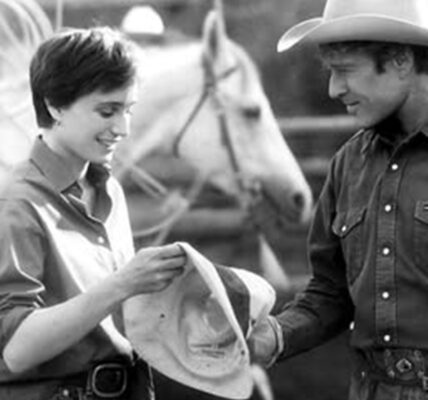At thirteen, Keliʻi Lovell was supposed to be thinking about middle school, soccer practice, and video games — not hospitals, MRIs, or surgery. But life doesn’t always wait for childhood to finish before it tests the limits of courage.
For weeks, Keliʻi had been complaining of pounding headaches that wouldn’t fade. At first, his parents thought it was stress, maybe lack of sleep. But when fatigue, dizziness, and confusion followed, they rushed him to the emergency room — a decision that would change their world forever.
The scans revealed what no family should ever have to hear: an egg-sized tumor lodged deep inside their son’s brain, pressing from the left side into the right. The diagnosis was a high-grade glioma, one of the most aggressive forms of brain cancer known.
His parents held hands in shock, the sterile white of the hospital walls spinning around them. Their cheerful, big-hearted boy — who always hugged first and laughed loudest — was now facing a battle even adults struggled to comprehend.

The Diagnosis That Changed Everything
Doctors explained that surgery was the only option, but even then, it wouldn’t be enough. The tumor’s location made it nearly impossible to remove completely.
“They told us they could only take out about sixty percent,” Keliʻi’s mother later shared. “The rest was too entangled with the parts of his brain that control speech, movement, and vision. It wasn’t safe.”
The tumor also carried a rare genetic mutation so uncommon that doctors could find almost no research on it. Specialists were consulted from across the country. Every decision felt like a gamble between time, risk, and hope.
And through it all, Keliʻi smiled.
While adults around him spoke in hushed tones about survival rates and treatment options, he cracked jokes with the nurses, asked if he could have ice cream, and told his brothers not to worry. “I’m still me,” he’d say, flashing a grin that could melt the fear right out of a room.
The Brave Heart of a Child
After his first surgery, Keliʻi awoke groggy but determined. He reached for his parents’ hands and whispered, “I did good, right?”
He did more than good. He became a beacon of courage for everyone around him.
Even as his body weakened, his spirit only grew stronger. Nurses fought back tears when they’d see him cheering on other children in the oncology ward, asking them about their favorite superheroes, or giving his own snacks away “because they look more tired than me.”
His hospital room became a place of laughter and light — drawings taped to the walls, Lego castles on the window ledge, his favorite music playing softly in the background. When friends visited, he’d make them promise not to cry. “I’m okay,” he’d insist. “It’s just a bump in the road.”
But the road was far from easy.
A Journey Through Pain and Hope
Chemotherapy, radiation, and endless hospital visits became part of daily life. Some days, he felt strong enough to walk and joke around; other days, he couldn’t lift his head.
The hardest part came when doctors announced that the next surgery would have to be done while he was awake.
It was the only way to protect the parts of his brain that allowed him to speak, move, and see. The thought terrified his parents — but Keliʻi, ever calm, looked up and said, “If it helps me get better, I can do it.”
He did it. Awake, aware, and brave beyond words.
One of the surgeons later said quietly, “I’ve operated on hundreds of patients, but I’ve never seen anyone — especially a child — face it like that. He was calm. He even smiled.”
Holding On to Love
Between treatments, Keliʻi tried to live as normally as he could. His family took short trips to the beach, where he loved feeling the salt breeze on his face. He’d build sandcastles with his brothers and say, “When I’m better, we’ll make one big enough to live in.”
He loved music, especially songs with deep lyrics. Sometimes he’d sit by the window, headphones in, sketching shapes that only made sense to him — swirls of light, hearts, and stars. When asked what they meant, he’d say, “It’s what happy looks like inside my head.”
His positivity became infectious. The doctors and nurses began calling him “the sunshine boy.” Even on the hardest days, when pain carved across his small frame, he never let despair take over.
“Why are you smiling?” his mom once asked as she wiped tears from her eyes.
“Because,” he said softly, “I still get to be with you.”
The Final Chapter
But by late summer, the scans began to change. The tumor, relentless as the tide, had started to grow again.
Doctors discussed new treatments, experimental options, and clinical trials — but deep down, everyone knew the truth.
The cancer was winning.
Keliʻi’s body grew frail, his speech slower, but his heart — that enormous, radiant heart — never wavered. He still told his brothers he loved them every night. He still thanked his doctors. He still asked to hold his mother’s hand before every procedure.
On September 24, surrounded by his family, Keliʻi took his last breath.
His parents held him close, whispering how proud they were. His brothers sat beside him, their small hands resting on his. The room was silent except for love — the kind that doesn’t end, even when the heart does.
He was just fourteen years old.
The Love He Left Behind
After his passing, something extraordinary began to happen. People who had followed his journey online — friends, neighbors, strangers — began sharing how Keliʻi had changed their lives.
A nurse wrote, “I’ve been in pediatric oncology for twenty years. I’ve seen pain, anger, fear — but never so much light in one child. He made me remember why I do this.”
A friend posted, “He was the bravest person I’ve ever met. He taught me that courage isn’t the absence of fear — it’s smiling through it.”
His family received letters from across the country — messages of prayer, gratitude, and remembrance. One child who was also battling cancer drew a picture of an angel with a big smile and wrote, “I think Keliʻi is up there helping God now.”
A Legacy of Strength
In the months that followed, Keliʻi’s parents decided to honor his life by supporting pediatric brain cancer research, focusing especially on the rare mutation that had made his condition so difficult to treat.
They partnered with doctors to raise awareness, fund studies, and offer comfort to families facing similar diagnoses. “If even one child has a better chance because of him,” his father said, “then his fight wasn’t in vain.”
At community events, his name is often spoken with both sadness and admiration. There’s a scholarship in his memory — awarded each year to a student who shows exceptional kindness and resilience. The first recipient said in her thank-you speech, “I never met Keliʻi, but I feel like I know him. He reminds me to keep going, no matter what.”
The Boy Who Taught the World to Shine
Those who knew Keliʻi say his legacy isn’t defined by cancer — it’s defined by how he lived in spite of it.
He taught everyone around him that life isn’t measured in years, but in love. He showed that courage doesn’t mean pretending you’re not scared — it means facing fear and still choosing hope.
In his short fourteen years, he became a teacher of life — not through words, but through example.
Today, his family keeps his memory alive through laughter, stories, and the gentle reminder he left behind: “Be kind. Be brave. Be grateful for every day.”
At his memorial, as the sun dipped low, hundreds of paper lanterns were released into the sky — each one carrying a message to the boy who had shone so brightly.
As they floated upward, his mother whispered the words that had carried her through it all:
“You were light, my love. You still are.”
And somewhere, beyond the pain and the stars, a boy named Keliʻi Lovell — brave, kind, and endlessly loved — is smiling still.
